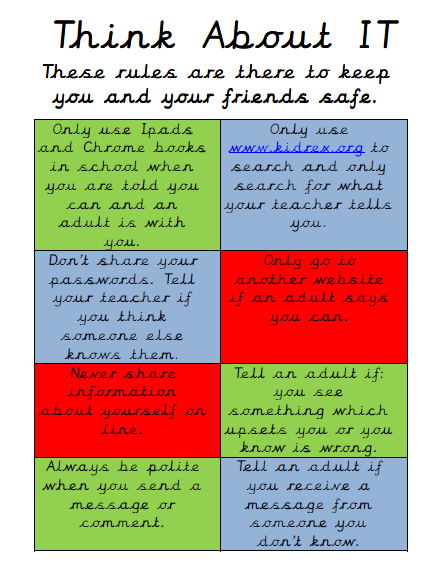
Remote Learning and
E-Safety
E-SAFETY ADVICE DURING STAYCATION EDUCATION
Getting advice and guidance if something goes wrong online
As children & young people spend more time online there is also an increase in the chances they will see something online which isn't intended for them. Whether this is fake news, impersonation, or mean comments, there are lots of places you can go to for help and advice on how to report this behaviour. Together as a family you can also help prepare your children and build their critical thinking skills.
Making a report
reportharmfulcontent.com is a website designed to help you report anything which you believe shouldn't be online. There’s guidance about how to report different types of content as well as help with the next steps you can take if your report isn't actioned by the site or service you have made it on.
Speaking to someone
For young people - depending on the age of your child there are a range of places they can go to for help. For younger children they can call Childline for help and support, and for older children The Mix offer free and practical advice.
For parents and carers - The O2 and NSPCC helpline can help you with any questions or concerns you may have about keeping your child safe online. They can provide you with advice and help to troubleshoot any problems your family may be facing.
Creating a family agreement
A family agreement is a great way to start a conversation with your whole family about how you all use the internet. As you have everyone at home, it’s a fantastic way to set boundaries and discuss how you are all going to use technology during this time. Where is tech going to be used in your home? How are you going to share it and what times of the day can different family members have access? It's also a great way to discuss how to behave online and talk about what happens if something upsets or worries your child.
Having a conversation
As a parent or carer, the best tool to support your child in leading a happy and safe life online is open conversation. Our Parents' Guide gives advice on how to begin these discussions, how to work together as a family to support your child online, and how to handle difficult conversations or situations.
Topic specific advice for parents and carers
From livestreaming and parental controls, to grooming, the Childnet International website has advice for parents and carers on a range of topics.
E-SAFETY ADVICE
ICT plays a big part in the children’s lives and will no doubt be an even bigger part of their future. E-safety is therefore an essential area of learning for all children. No one can make the online world completely safe and so educating children in the dangers and the benefits enables them to be in control and make the right decisions. Our children also need to know what to do if they encounter something that concerns them.
In school we use a set of rules to help children to set boundaries and help children learn:

NSPCC NetAware - www.net-aware.org.uk This site provides valuable information and guidance on social media and a range of APPs and games.
CEOP - www.ceop.police.uk CEOP have produced superb videos to explain the possible dangers of social networking.
